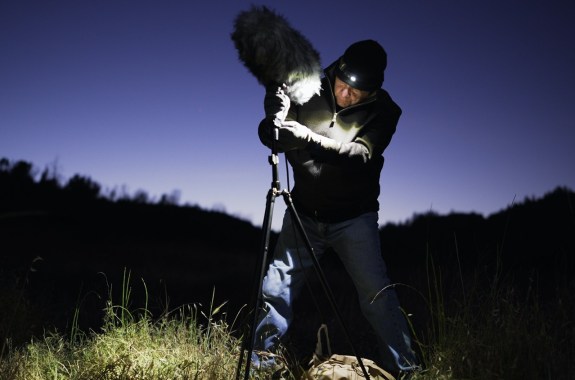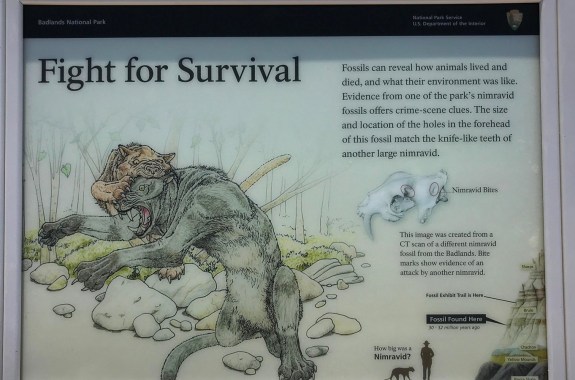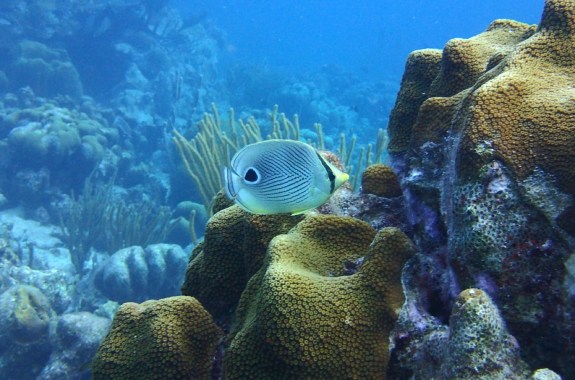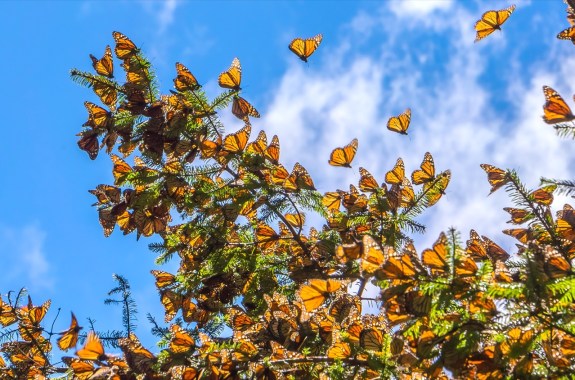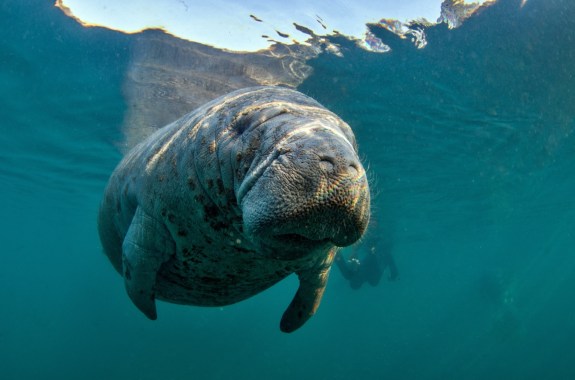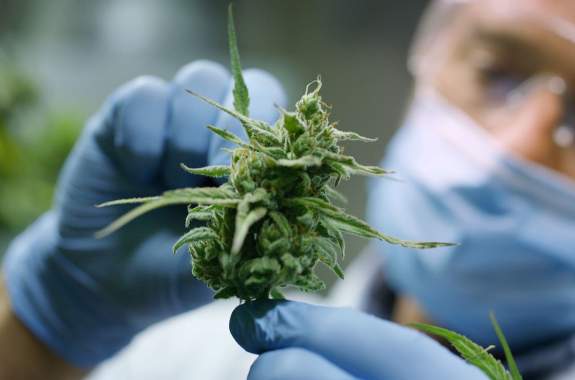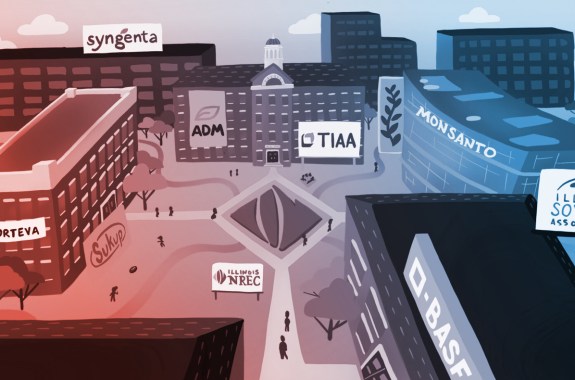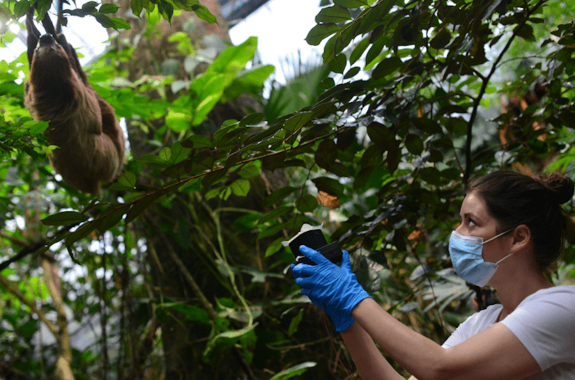9:57
Finding Tranquility In The Sounds Of Nature
Human activity is erasing the natural soundscape, says Bernie Krause, a former musician turned ecologist.
7:50
Why Did Ancient Ferocious Cat-Like Creatures Go Extinct?
A combination of factors led to a period known as the “Cat Gap,” a stretch of 6.5 million years where there were no cats or cat-like animals living in North America.
17:12
Fish Make More Noise Than You Think
Far from being silent, many fishes either have been observed to make sounds, or have the capability to do so.
17:20
Meet The Drag Artists Who Are Making Science More Accessible
Drag performers, like Pattie Gonia and Kyne, are using social media to bring science communication to a wider audience.
2:23
The World According To Sound: How Do Songbirds Sing Two Notes At Once?
Listen to the many non-vocal sounds that birds use to communicate.
10:14
How Long Will California’s Butterfly Boom Last?
Western monarch populations have rebounded exponentially from a terrifyingly low 2,000 in 2020. But will the good times last?
17:32
A Race To Save Florida’s Manatees
This charismatic mammal had its worst year on record in 2021. Scientists are scrambling to reverse manatees’ bad fortune.
17:33
Understanding The Cannabis-Body Connection With Exercise
The first human study on how cannabis affects exercise sheds light on the body’s endocannabinoid system.
7:28
Big Agriculture Schools Face Increasing Donor Conflicts Of Interest
Harvest Public Media and Investigate Midwest find corporations have given colleges at least $170 million in the last decade. How does that influence their research?
12:12
Identifying Animals Through Airborne DNA
Ecologists were able to successfully identify animals in a zoo simply by taking samples of DNA from the air.
